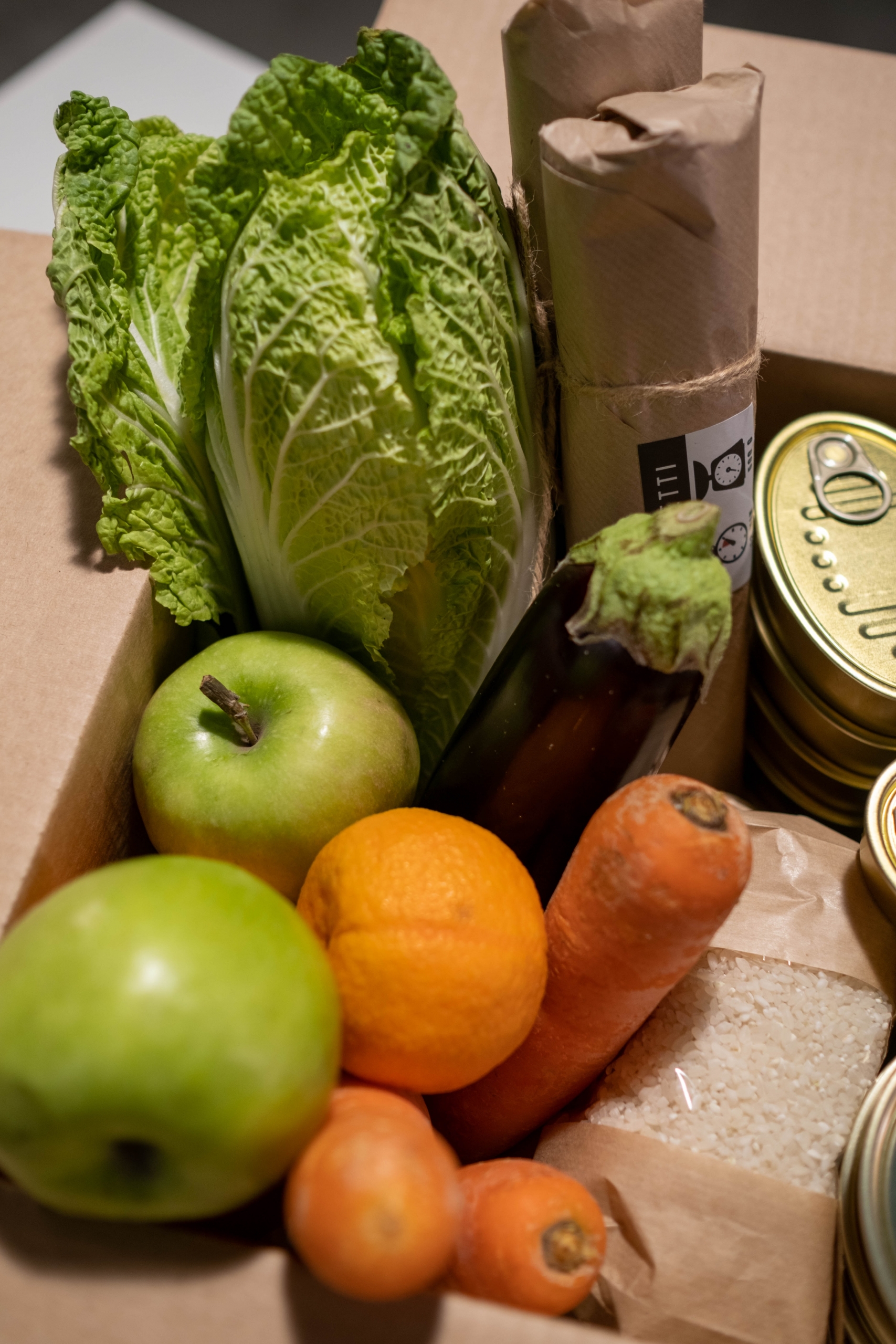
The coronavirus pandemic has taught us to shop for supplies. On a daily basis, it’s a good idea to stock up on foods that have a long shelf life and don’t lose their nutritional value. Do you know how to stock up on food wisely?
When making food stocks, it is worth following the principle that they should be functional. They should not be expensive to prepare and they should not spoil too quickly. Dry products such as flour, rice, pasta etc. are the best solution. It’s best to add another pack of rice to the list when you do your weekly shopping. Remember that the products with the shortest expiry date should be at the front of the cupboard, the rest can be stored in the pantry or on a further shelf.
Some of the food should be stored in the freezer, then it is worth allocating one of the compartments for storing ice. It will come in handy when the electricity goes out and you need to secure the supplies located in the freezer and refrigerator. It is important to keep all the products that are in the refrigerator in airtight containers.
Some foods can also be stored in the basement. However, rodents may appear in this room, and in addition this place is exposed to the presence of moisture. Therefore, only properly protected food should be stored there. The sugar or flour, for example, is packed in paper packaging which will not protect it in the cellar. They can then simply be poured into glass jars or plastic containers. These need to be airtight in the first place.
Storing water is not such an obvious matter. We often buy a jar of water and keep it in the kitchen. It is worth remembering that water in plastic bottles can be stored for up to one year without opening them. After that time, harmful substances from plastic seep into the bottle. This makes the water unfit to drink
If you don’t have a cellar or a storeroom, you can store water in a sofa, for example. Tap water is becoming more and more purified and in many places you can drink it directly from the tap. An additional solution are filter kettles, which with one filter will last for a month of use.
Our emergency provisions should include mainly products such as rice, pasta, groats, flour and rusks. In addition, jarred jam or canned food such as canned meat will do just fine. Pickles or pickled peppers in a jar are a great addition to your shelter diet.
Treats such as cocoa or chocolate, oatmeal, nuts, dried vegetables and fruit will also come in handy. Why? Because they are sources of fats and carbohydrates. Plus canned meat and fish with a good composition that will give us plenty of energy
An excellent solution are ready-made freeze-dried meals or prepared with the military in mind. If we have a small garden or balcony, we can set up a small vegetable garden with tomatoes and potatoes, and set a few pots with herbs on the windowsill. The right amount and type of supplies depends on ourselves. It’s best to buy proven products that taste good. There are things that need to be replaced more often than others, such as UHT milk and even flour.
It’s a good idea to stock up on supplies wisely so that you don’t have to throw them away in large quantities later.
Main Photo: cottonbro/pexels.com